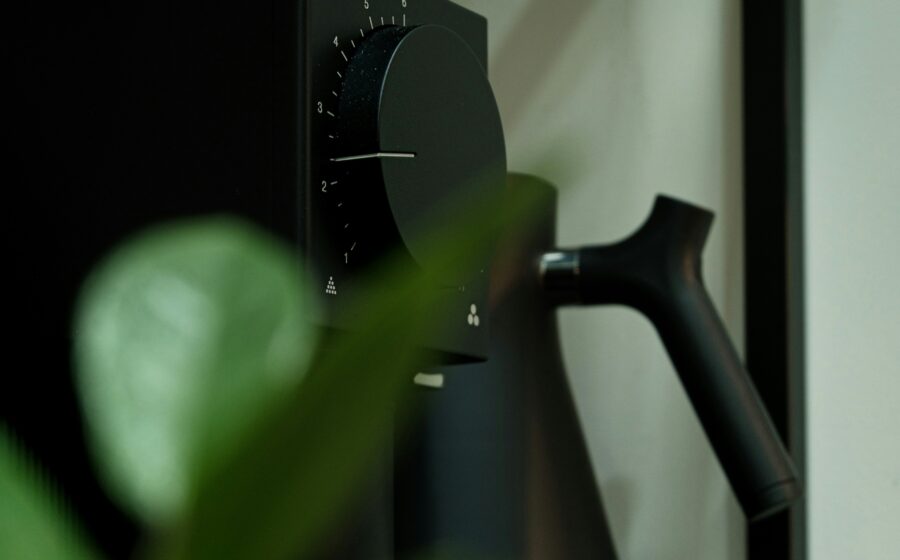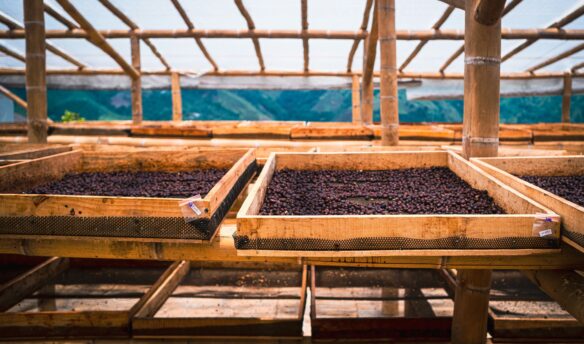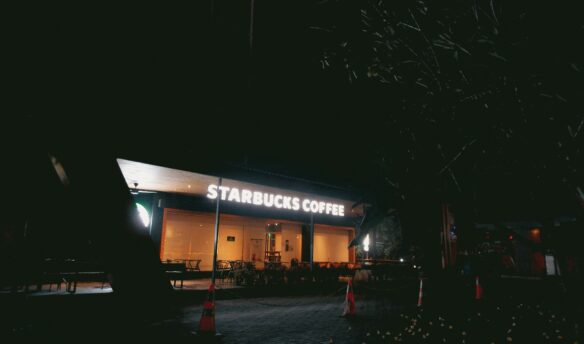✉️ This story was featured in this week’s Coffee News Club
👋 Get the Coffee News Club newsletter in your inbox weekly—sign up.
The coffee industry is facing uncertainty and chaos due to the Trump administration’s threat (and partial implementation) of tariffs. The cost to import green coffee has jumped and roasters and cafes are raising prices in response.
China is one of the hardest-hit countries, with the administration placing a 145% tariff on the country’s imports. For coffee equipment manufacturers who rely on Chinese imports, these steep tariffs could significantly raise costs and prove financially devastating.
As reported by Kevin Truong for The San Francisco Standard, one company impacted by tariffs is Fellow Products, an equipment brand that makes high-end coffee products like kettles and grinders.
In April, Fellow launched a new, much-hyped espresso machine that cost nearly $6 million to bring to market. The machine, called the Espresso Series 1, will retail at $1499. Fellow launched a lower-cost pre-order campaign where folks could reserve a machine now and receive it when production was forecasted to be complete by winter.
However, Truong wrote, “tariffs threw a last-minute snag that scrambled a meticulously planned launch strategy.” Fellow manufactures its coffee gear in China (they employ about 25 workers there, according to Truong), so now the company is trying to figure out what to do, not just with the new espresso machines, but with all their coffee products.
Fellow CEO Jake Miller called the tariffs “the most disruptive thing that has ever happened to us.” He said since tariffs were implemented, Fellow has not imported any products into the United States. “We’re just sitting on our hands,” he told Truong.
The ostensible reasoning behind Trump’s tariffs is to bring manufacturing back to the US, which experts say would be difficult or impossible. Miller said if Fellow made their new espresso machine in the U.S., it would quadruple in price. Even then, he said there aren’t many companies that could make the espresso machine domestically. “People in the U.S. do not want to manufacture coffee makers and grinders. They just don’t.”
China manufactures most consumer coffee gear, not just for Fellow, but for most US-based coffee gear companies. China also makes commercial equipment like machines to fill and seal coffee bags, not to mention disposable cups and the coffee bags themselves.
Miller is looking for alternative production locations, and says that Fellow is lucky to be an established company—he believes other companies might be unable to handle the fluctuations and uncertainties. “There’s going to be a very large graveyard of hardware startups and early-stage companies that just can’t deal,” he said.
















